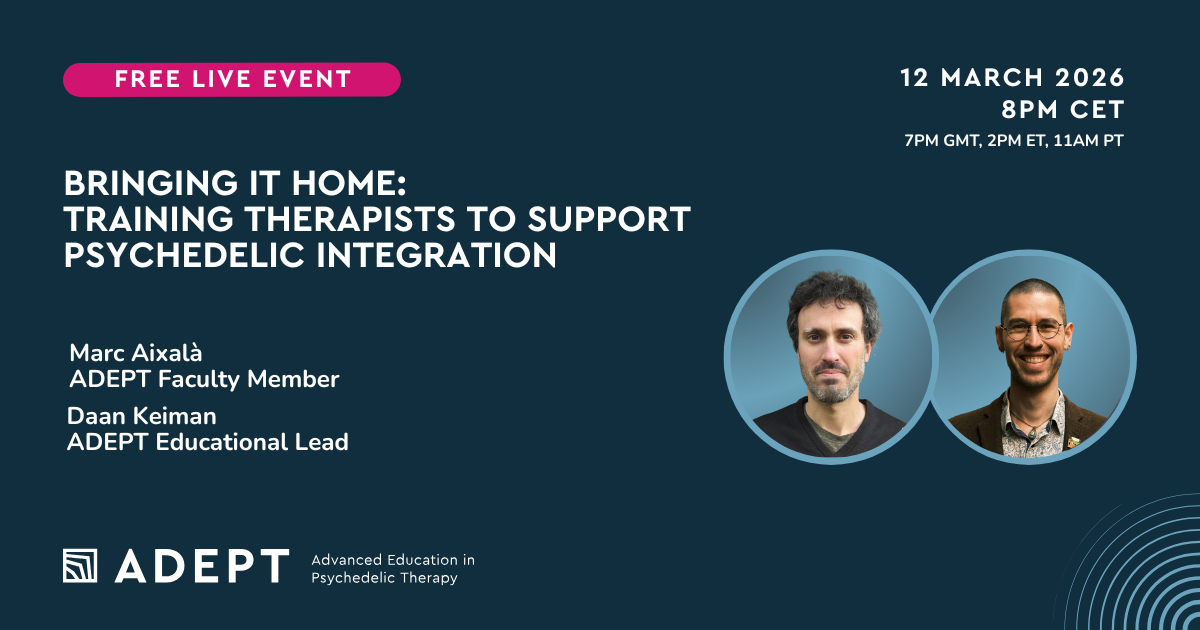Abstract
The purpose of this paper is to provide an integrative review and offer novel insights regarding human research with classic psychedelics (classic hallucinogens), which are 5HT2AR agonists such as lysergic acid diethylamide (LSD), mescaline, and psilocybin. Classic psychedelics have been administered as sacraments since ancient times. They were of prominent interest within psychiatry and neuroscience in the 1950s to 1960s, and during this time contributed to the emergence of the field of molecular neuroscience. Promising results were reported for treatment of both end-of-life psychological distress and addiction, and classic psychedelics served as tools for studying the neurobiological bases of psychological disorders. Moreover, classic psychedelics were shown to occasion mystical experiences, which are subjective experiences reported throughout different cultures and religions involving a strong sense of unity, among other characteristics. However, the recreational use of classic psychedelics and their association with the counterculture prompted an end to human research with classic psychedelics in the early 1970s. We review recent therapeutic studies suggesting efficacy in treating psychological distress associated with life-threatening diseases, treating depression, and treating nicotine and alcohol addictions. We also describe the construct of mystical experience, and provide a comprehensive review of modern studies investigating classic psychedelic-occasioned mystical experiences and their consequences. These studies have shown classic psychedelics to fairly reliably occasion mystical experiences. Moreover, classic psychedelic-occasioned mystical experiences are associated with improved psychological outcomes in both healthy volunteer and patient populations. We also review neuroimaging studies that suggest neurobiological mechanisms of psychedelics. These studies have also broadened our understanding of the brain, the serotonin system, and the neurobiological basis of consciousness. Finally, we provide the most comprehensive review of epidemiological studies of classic psychedelics to date. Notable among these are a number of studies which have suggested the possibility that nonmedical naturalistic (non-laboratory) use of classic psychedelics is associated with positive mental health and prosocial outcomes, although it is clear that some individuals are harmed by classic psychedelics in non-supervised settings. Overall, these various lines of research suggest that classic psychedelics might hold strong potential as therapeutics, and as tools for experimentally investigating mystical experiences and behavioral-brain function more generally.
Johnson, M. W., Hendricks, P. S., Barrett, F. S., & Griffiths, R. R. (2018). Classic Psychedelics: An integrative review of epidemiology, mystical experience, brain network function, and therapeutics. Pharmacology & therapeutics., 10.1016/j.pharmthera.2018.11.010













